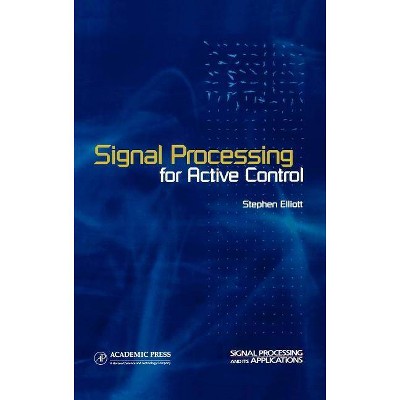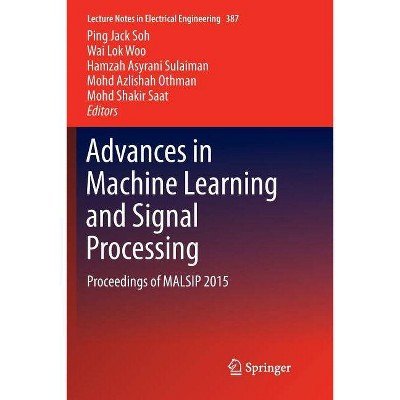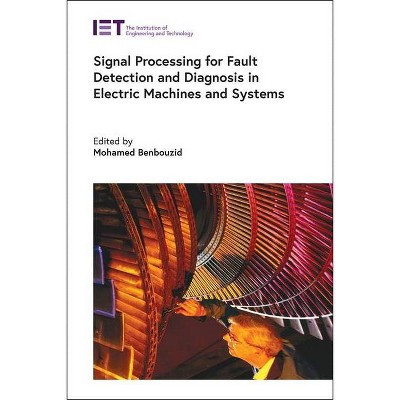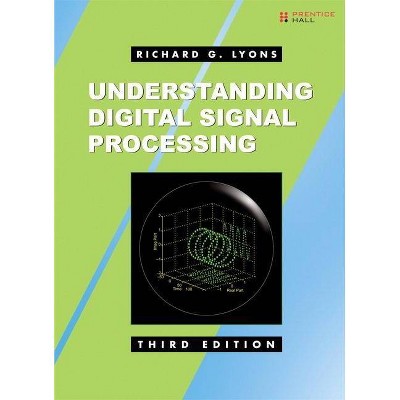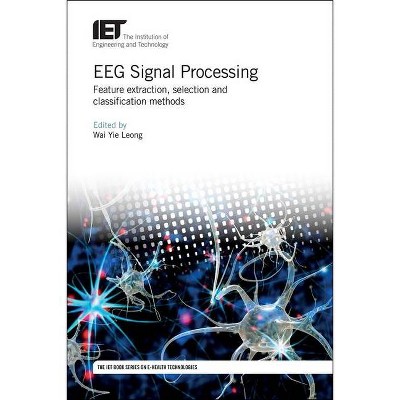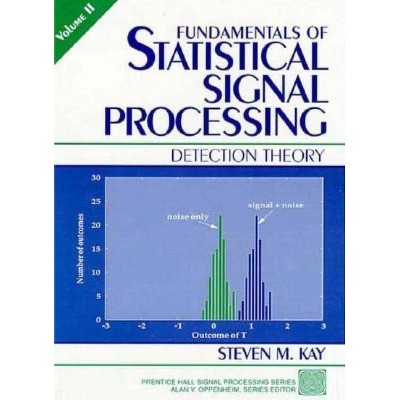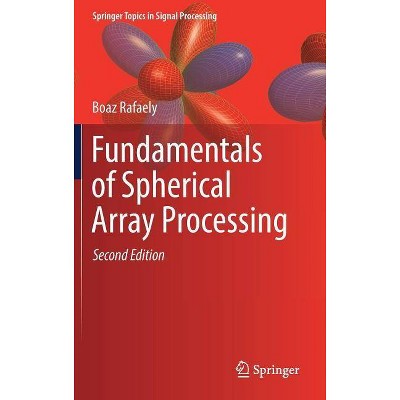Topological Signal Processing - (Mathematical Engineering) by Michael Robinson (Hardcover)
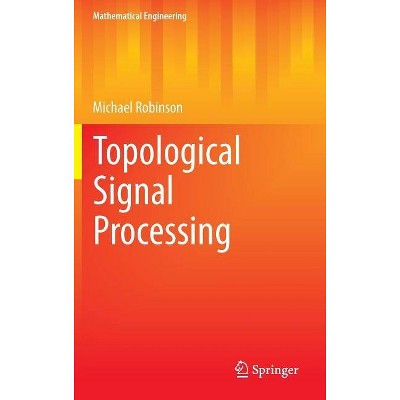
Similar Products
Products of same category from the store
AllProduct info
<p/><br></br><p><b> About the Book </b></p></br></br>This book surveys topological methods in signal processing which address uncertainty in deterministic fashion. The author offers an efficient treatment of cellular sheaves, showing how their use is decisive in treating difficult problems in signal processing.<p/><br></br><p><b> Book Synopsis </b></p></br></br><p>Introduction and informal discussion.- Parametrization.- Signals.- Detection.- Transforms.- Noise.</p><p/><br></br><p><b> From the Back Cover </b></p></br></br><p>Signal processing is the discipline of extracting information from collections of measurements. To be effective, the measurements must be organized and then filtered, detected, or transformed to expose the desired information. Distortions caused by uncertainty, noise, and clutter degrade the performance of practical signal processing systems.</p><p>In aggressively uncertain situations, the full truth about an underlying signal cannot be known. This book develops the theory and practice of signal processing systems for these situations that extract useful, qualitative information using the mathematics of topology -- the study of spaces under continuous transformations. Since the collection of continuous transformations is large and varied, tools which are topologically-motivated are automatically insensitive to substantial distortion. The target audience comprises practitioners as well as researchers, but the book may also be beneficial for graduate students.</p><p><p/><br></br><p><b> Review Quotes </b></p></br></br><br><p>From the book reviews: </p><p>"This text provides a nice exposition of the topological ideas used to extract information from signals and the practical details of signal processing. ... Robinson's intended audience is first year graduate students in both engineering and mathematics, and advanced undergraduates. ... Throughout the text there are numerous examples and diagrams. Each chapter also ends with some open questions. These features make the book quite readable." (Michele Intermont, MAA Reviews, February, 2015)</p>"Three major goals for this book: firstly to show that topological invariants provide qualitative information about signals that is both relevant and practical, second to show that the signal processing concepts of filtering, detection, and noise correspond respectively to the concepts of sheaves, functoriality and sequences, and third to advocate for the use of sheaf theory in signal processing. ... The target audience is practitioners so that the theoretical notions are covered with the practitioner in mind with motivations emphasized." (Jonathan Hodgson, zbMATH, Vol. 1294, 2014)<br>
Price History
Price Archive shows prices from various stores, lets you see history and find the cheapest. There is no actual sale on the website. For all support, inquiry and suggestion messagescommunication@pricearchive.us
